PM fumbles over details of the voice
Opposition slams ‘train wreck’ radio interview as PM refuses to rule out legislating the voice even if a referendum fails.
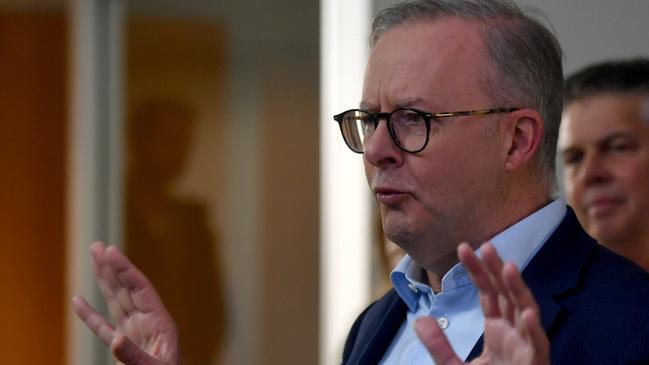
Tom Calma, a key government adviser on the voice, says the body could still be legislated if a referendum is defeated, after Anthony Albanese left open the option of passing it through parliament in defiance of a No vote.
The Prime Minister conceded the government had not received legal advice from the Solicitor-General on the advisory body and said members could be both elected or appointed, in a confusing interview in which he would not answer a series of questions on the mechanics of the voice.
Mr Albanese said there was “no suggestion” voice members would be paid but then added that level of detail would be subject to legislation.
He also refused to confirm if a Labor government would honour the result of an unsuccessful referendum by committing not to legislate the body, triggering an outcry from voice opponents.
“One of the things that I’m not doing is leading with a position that assumes a loss of a referendum. That would not be a very sensible thing to do,” Mr Albanese told 2GB radio.
“And I am determined to do what I can, along with so many other Australians who will be campaigning for a Yes vote from across the political spectrum.”
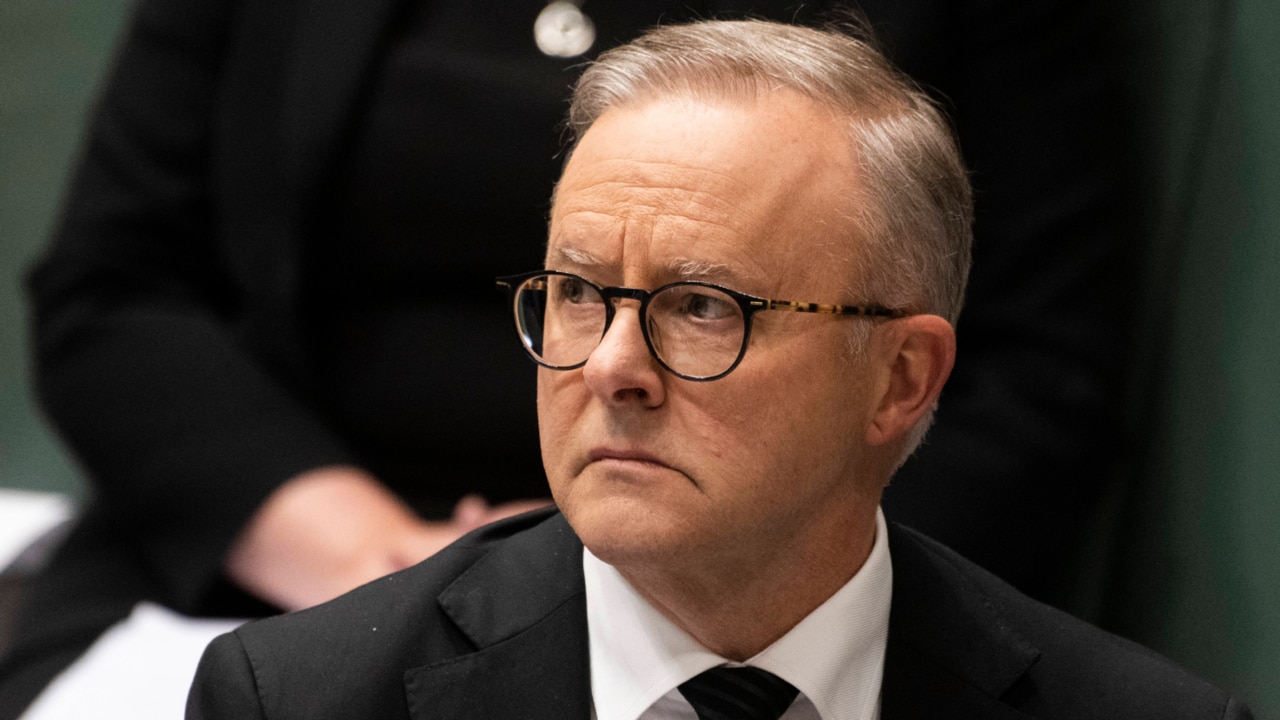
But Professor Calma, who with Indigenous leader Marcia Langton co-wrote the final voice co-design process report to the Morrison government that has been repeatedly referred to by Mr Albanese, said there would be no impairment to a parliamentarian seeking to set up the voice via a private member’s bill.
“I subscribe to the successful referendum camp,” he said, “so (I’m) not contemplating a referendum loss. However, that said, I do not believe there is any impairment to a Coalition, an independent or government member putting a private member’s bill to establish a voice to the parliament if a referendum is lost.
“The Coalition might even present the draft legislation … that they were proposing to legislate the voice (when in government).”
Peter Dutton, who has called on Mr Albanese to put forward legislation to set up the voice ahead of the referendum, accused the Prime Minister of being “tricky” on whether he would attempt to legislate if the referendum failed.
“If the constitutional question goes down, if Australians say, ‘well look, I just don’t have the detail, I don’t understand what the Prime Minister’s talking about’, and they vote against it, then the Prime Minister can legislate in the parliament in a heartbeat,” the Opposition Leader said. “The Prime Minister has control, an absolute majority in the lower house. He can pass whatever bill he wants when parliament goes back in a fortnight’s time. He has control of the Senate with the Greens and he can get this bill through immediately, if that’s his want.
“But is he saying to the Australian public that if you vote No in the referendum that he will then legislate the next day to bring it in? If that’s the case, well, pass the legislation now and demonstrate to Australians how it can work.”
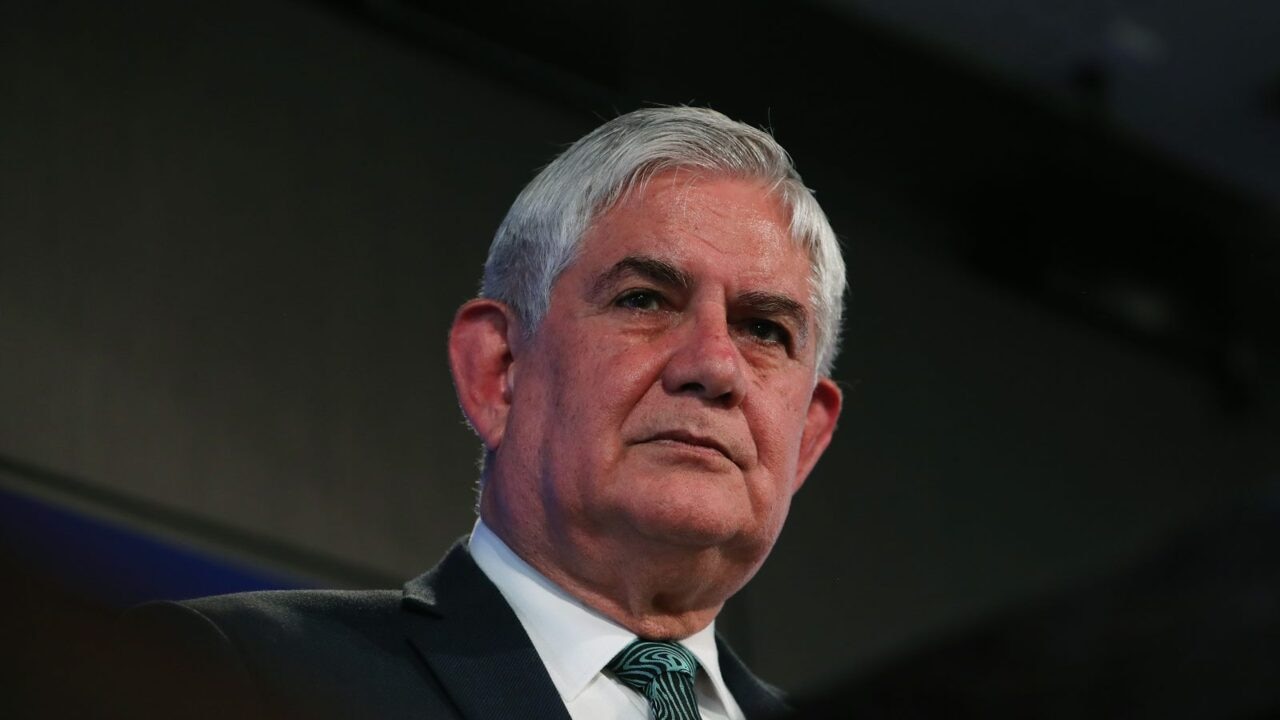
The Australian asked the Greens and every Senate crossbencher if they would support legislation to establish the voice if the referendum went down.
The Greens said they’d need to discuss the idea with the government and Indigenous Australians, ACT independent senator David Pocock did not respond, Jacqui Lambie Network senators Jacqui Lambie and Tammy Tyrrell said they were awaiting more information, and One Nation leader Pauline Hanson and United Australia Party senator Ralph Babet said they would oppose the legislation.
Acting Greens leader Mehreen Faruqi said the party was committed to “truth, treaty, voice and we’ll fight for progress on all three”.
“The most pressing question is whether Peter Dutton can say the same or is he trying to derail the process entirely?” she said.
“If the Australian people reject the proposed voice in the coming referendum then the government has no business legislating a voice,” Senator Hanson said.
“To do so would be going against the democratically expressed wishes of the people.”
Senator Babet added: “The voice must never see the light of day again. It is by its very nature racist. We must not allow our country to be divided by race.”
Senator Lambie and Senator Tyrrell said they supported the principles of the voice but wanted a clearer picture.
Warren Mundine, a leader of the No campaign, said Mr Albanese should make the commitment to respect the result by confirming he would not legislate a voice to parliament if the proposal was defeated. “This is being very divisive and whatever the result is … then we all should be saying – OK – the democratic process has worked. And we should honour those things,” Mr Mundine said.
“I made the commitment publicly that if what the democratic process comes back with is support for Yes, then I will work hard to make sure it does work.
“Let’s stick to democracy. I’m not going to go and sook in the corner. If it’s what the people of Australia want, I will honour that.”
Indigenous leaders including from the Uluru Dialogue, who have led an almost six-year campaign for a constitutionally-enshrined voice, were determined not to be distracted and remained focused on building support for the Yes vote in the referendum.
“We are confident that Australia will support this opportunity for a better future for the whole of our nation,” Uluru Dialogue members Pat Anderson, Megan Davis, Geoff Scott, Nolan Hunter, Monica Barolits-McCabe and Bridget Cama told The Australian in a written statement.

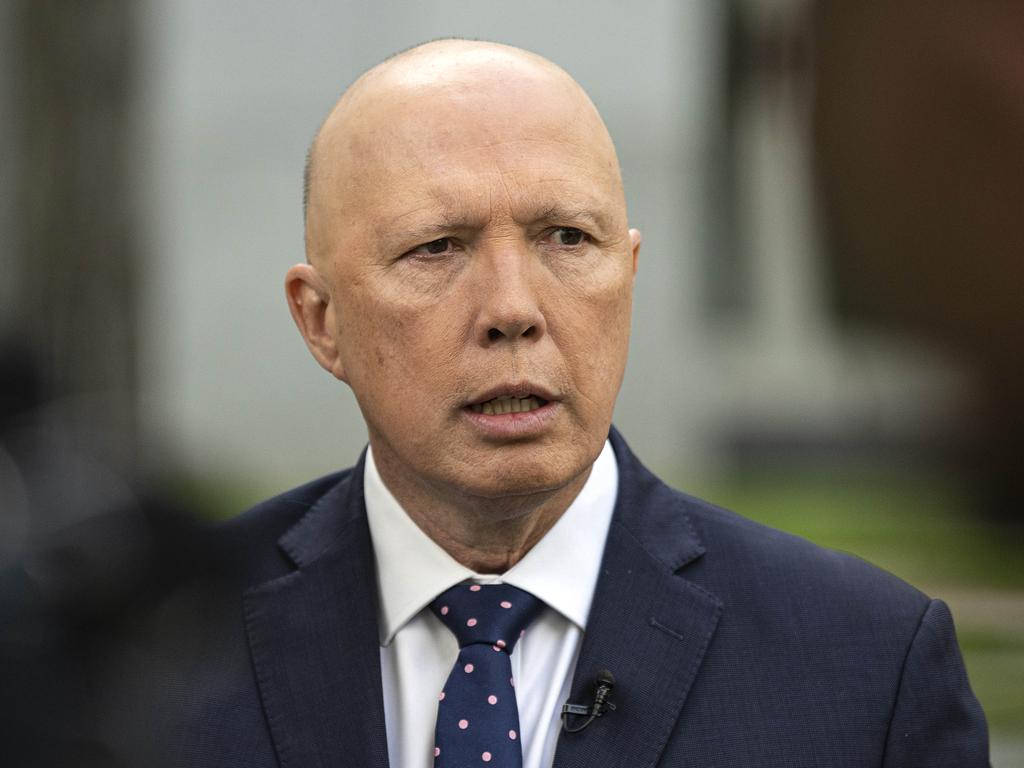
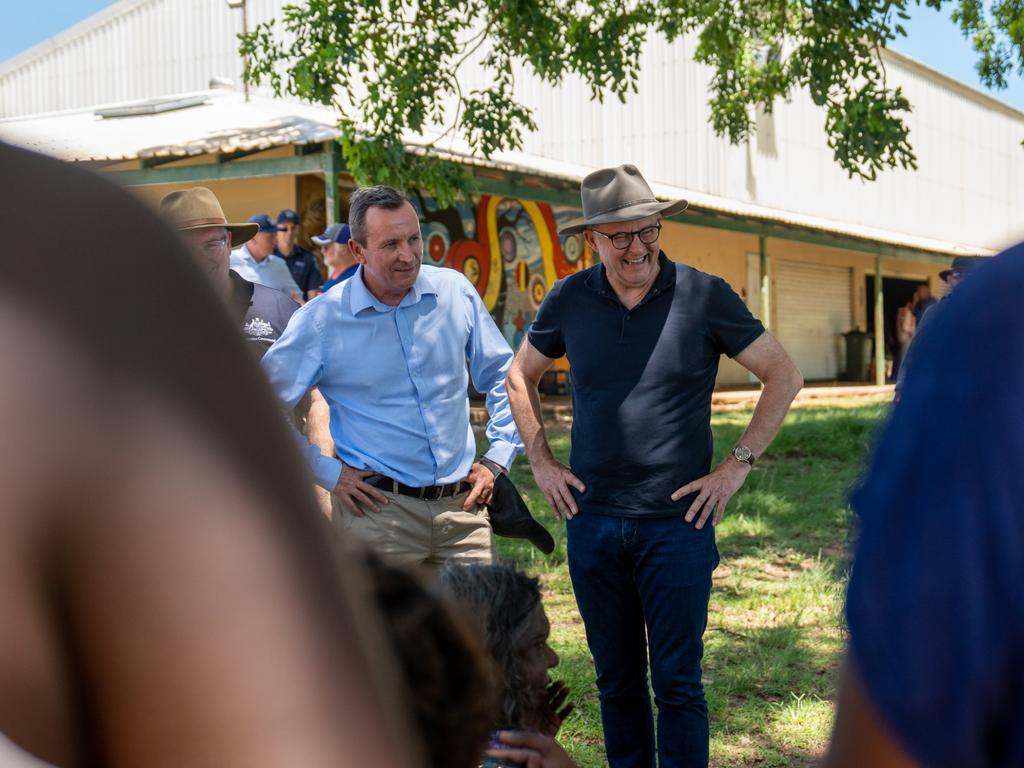




To join the conversation, please log in. Don't have an account? Register
Join the conversation, you are commenting as Logout